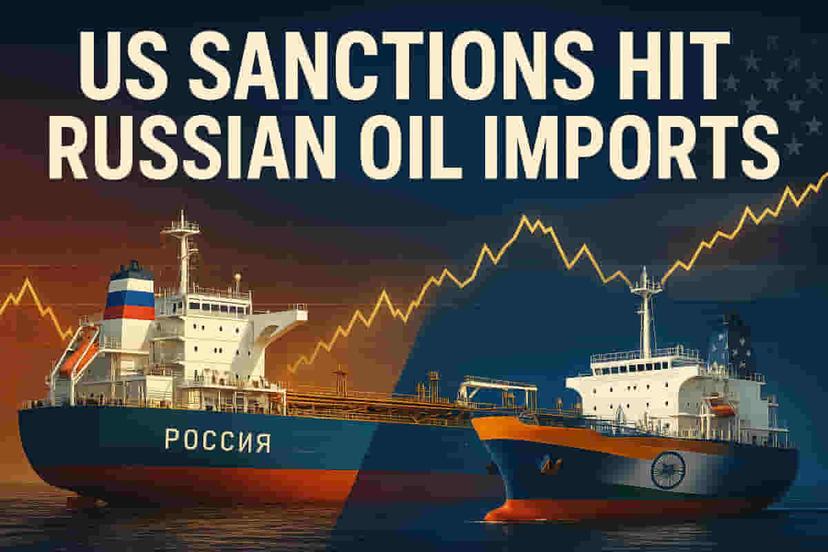Lenskart IPO Valuation Sparks Debate on Investor Protection and SEBI's Role
Economy
|
Updated on 09 Nov 2025, 01:34 am
Reviewed By
Satyam Jha | Whalesbook News Team
Short Description:

▶
Detailed Coverage:
**News Content**: The article discusses concerns surrounding the potential Lenskart Initial Public Offering (IPO). Promoters reportedly acquired shares recently at a valuation significantly lower, about one-eighth, than the proposed public offering price. Furthermore, the company's reported profitability for the current year is attributed to a non-cash, one-time accounting entry, raising questions about its underlying business strength and the IPO's pricing. The author suggests the IPO appears overpriced.
**Debate on SEBI's Role**: A significant portion of public reaction criticizes the Securities and Exchange Board of India (SEBI) for allowing such an IPO to proceed, suggesting negligence and a need to protect investors from potentially predatory offerings and unrealistic valuations. However, the author argues that SEBI's mandate is to ensure transparency and enforce legal compliance, including accurate disclosure of material information and adherence to procedural requirements. The regulator's job is not to act as an investment advisor or judge the 'goodness' or 'badness' of an investment.
**Market Functioning**: Imposing SEBI's judgment on IPO valuations would replace market-driven price discovery with arbitrary bureaucratic rules, potentially stifling market functioning. The author emphasizes that the necessary information for investors to make their own decisions is available in the prospectus, including recent promoter transactions and financial history. The freedom to make investment decisions, including potentially poor ones, is fundamental to how markets function, evolve, and how investors learn. This approach represents progress from historical IPO manias marked by widespread fraud.
**Impact**: The news prompts investor caution regarding IPO valuations, sparks debate on the extent of regulatory protection versus investor responsibility, and could lead to more thorough due diligence by investors. This debate directly influences sentiment in India's primary market. Impact rating: 7/10.
**Difficult Terms**: * **IPO (Initial Public Offering)**: The first time a private company sells its shares to the public, becoming a publicly traded company. * **Valuation**: The estimated monetary worth of a company. * **Promoters**: The founders or initial owners of a company who typically play a key role in its management and often hold a significant stake. * **Prospectus**: A legal document providing detailed information about an investment offering to potential investors. * **Non-cash, one-time accounting entry**: A financial record that adjusts a company's books without involving the exchange of money and occurs only once. It might be used for reporting purposes, like recognizing past revenue or assets. * **Regulatory failure**: When a regulatory body fails to effectively implement or enforce its rules, leading to market dysfunction or harm to investors. * **Price discovery**: The process in financial markets where the price of an asset is determined by the interaction of buyers and sellers, reflecting supply and demand.
Energy Sector

US Sanctions on Russian Oil Imports Could Reshape India's Trade Dynamics

US Sanctions on Russian Oil Imports Could Reshape India's Trade Dynamics
Tech Sector

Amazon's AI Comeback: AWS Surges on Strong Earnings and OpenAI Deal

AI in Healthcare: Empowering Patients or Fueling Anxiety?

Amazon's AI Comeback: AWS Surges on Strong Earnings and OpenAI Deal
